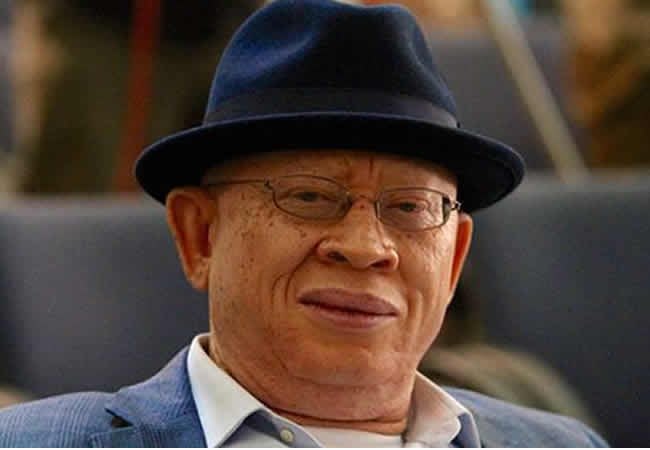People with disability seek govt intervention over economic hardship

The People with Disabilities have lamented over the high cost of living, inflation, insecurity, and hardship in the country.
The PWDs expressed their grievances in an open letter to President Bola Tinubu on Tuesday.
The Nigerian Labour Congress and other related unions on Tuesday embarked on a nationwide protest to make their grievances known on the current economic hardship across the country.
Meanwhile, the letter which was signed by the Convener, Disability Inclusion Nigeria, Jake Epelle, noted that the economic hardship was becoming an additional burden to the PWDs.
Epelle said, “We write to express our deep concern for the welfare of all Nigerians and our profound alarm at the devastating impact of the current economic situation on the most vulnerable members of our society, particularly persons with disabilities.
“The skyrocketing inflation rate has severely eroded the purchasing power of Nigerians and impeded access to necessities like affordable healthcare, education, transportation, and food, pushing countless Nigerians further into the abyss of poverty and despair.
“This crisis disproportionately affects persons with disabilities, who already face significant barriers due to pre-existing societal and infrastructural challenges.”
The convener, however, stated that addressing economic challenges required a comprehensive and
inclusive approach.
He proposed that “There should be an inclusion of PWDs in any existing committee or the establishment of a committee that includes representatives from the disability community tasked with investigating and addressing the specific challenges faced by Nigerians in the wake of the economic downturn.”
Epelle recommended inclusive interventions that the Federal Government can undertake to support all Nigerians, particularly those with disabilities.
He noted, “Government should provide palliative care for persons with disabilities by establishing food banks and stamps, preferably in the 774 local government or six geopolitical zones in the country, and encourage private sector participation in this initiative.
“They should allocate additional resources to support inclusive education initiatives, including training teachers, providing assistive technologies, subsidising school fees, and generally creating accessible learning environments.
“Prioritise the development and maintenance of affordable transportation infrastructure accessible to persons with disabilities, ensuring their mobility and independence are not compromised due to economic constraints.”
He further advised the FG should design and implement skills development programs tailored to the specific needs and abilities of persons with disabilities, adding that it should “provide incentives and support to employers who hire and create inclusive workplaces for persons with disabilities, including reasonable accommodations and accessible work environments.
“Implement tax breaks for manufacturers and distributors to make assistive technologies, such as wheelchairs, prosthetics, and screen readers, more affordable for persons with disabilities.
“Regularly assess the effectiveness of implemented interventions and collect data on the impact on the lives of persons with disabilities.”